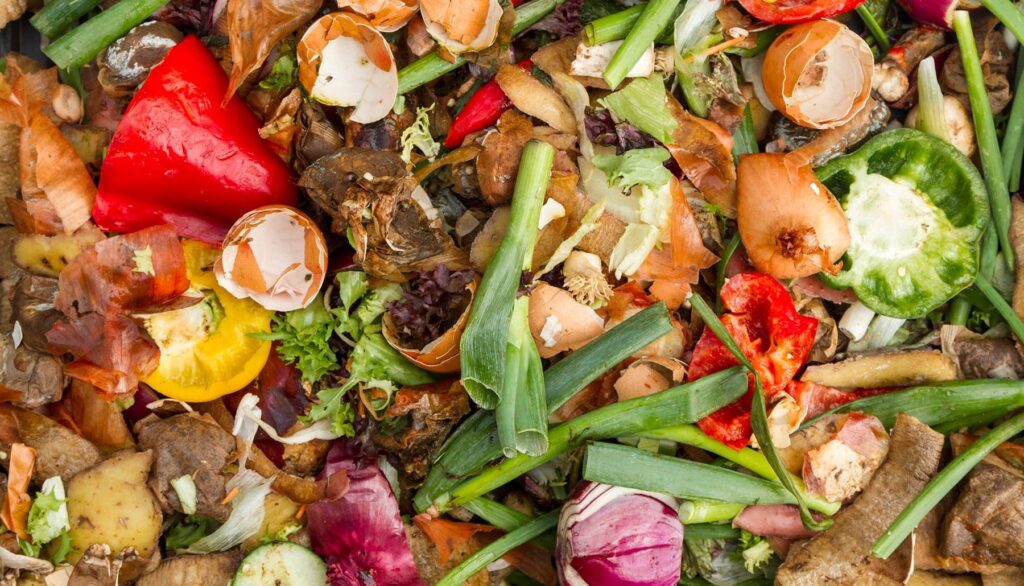Food & Climate
Food waste is behind up to 10% of greenhouse gas emissions that cause climate change. So, decreasing the food waste is fetal to deal with climate crisis. Realizing that, 3 food waste apps in Canada have succeeded to save thousands tonnes of fruits, vegetables, meat, fish and dairy to avoid their destination in landfills.
Food waste emissions happen because of all of the emissions of CO2 generated in the production, processing and transportation of that wasted food, along with the potent greenhouse gas methane that’s released when it decomposes in landfills.
However, what is optimistic is that everyone can participate in the fight against food waste, from students lunching in cafeterias to families who buy “ugly produce” online. And cutting food waste can save the money, according to a report seen by “Food & Climate” platform.
Protecting 73 thousand tons of food
Humanity doesn’t eat nearly a third of the food it produces, exacerbating the climate change crisis due to emissions from food waste. Efforts are being made around the world to do this, including three apps in Canada.
Flashfood, that Toronto-based company partners with Canadian grocery giant Loblaw.
Flashfood tracks the weight of the food that you’ve saved from the trash over time, but doesn’t track emissions savings.
Nicholas Bertram, the company’s CEO, said the app has saved about 73 million kilograms of food since it launched seven years ago.
And FoodHero, that Montreal-based company has an app similar to Flashfood, but partners with a different grocery chain – Sobeys.
It focuses on saving meat, fish and dairy, “because those are the biggest emitters,” explained Jonathan Defoy, the company’s founder and CEO.

According to the UN Food and Agriculture Organization, meat alone generates 20% of global emissions from food waste, even though it makes up less than five% of food waste by volume, because its production is so emissions intensive.
Defoy said products sold on FoodHero are frozen before their best before dates, and can be kept frozen for up to three more months before being cooked and eaten.
The app calculates emissions savings based on the weight of each food item and emissions generated from purchase to disposal (transportation and greenhouse gases produced when it’s landfilled or composted) in a province.
It does not take into account emissions from producing the food and getting it to the store — Defoy said that’s too complicated and unlikely to be accurate.
Since the app launched six years ago, he estimates it has been saving about 25 tonnes of waste per store each year, and it now rescues food from about 1,100 stores across the country.
Surprise bags
Too Good To Go, that is a Danish app that has grown in popularity in Canada and other countries. Too Good To Go doesn’t let shoppers choose what to buy. Instead, it offers “surprise bags” of surplus items from grocery stores, bakeries and restaurants for 25 to 50% of their original retail cost.
Sarah Soteroff, spokesperson for Too Good To Go, said the company mainly calculates its impact by the number of meals saved from the trash — eight million in Canada since launching here in 2021.
The app also estimates the emissions that the food in your surprise bag would have generated over its entire life cycle, from harvesting to transportation to disposal, taking in account the type of food.
Tammara Soma, co-founder of Simon Fraser University’s Food Systems Lab, says apps like these that “gamify” food rescue by tracking its estimated climate impact can motivate environmentally sustainable habits.
But she warned they can also encourage people to impulse buy things that they won’t necessarily be able to eat in time and push the burden of food waste from businesses to consumers, who may have fewer environmentally friendly disposal options.

She said it may be better to keep the waste at the grocery store or restaurant “rather than push it downstream and then have people, you know, put it in a garbage bin rather than a composted”, according to “CBC”.

